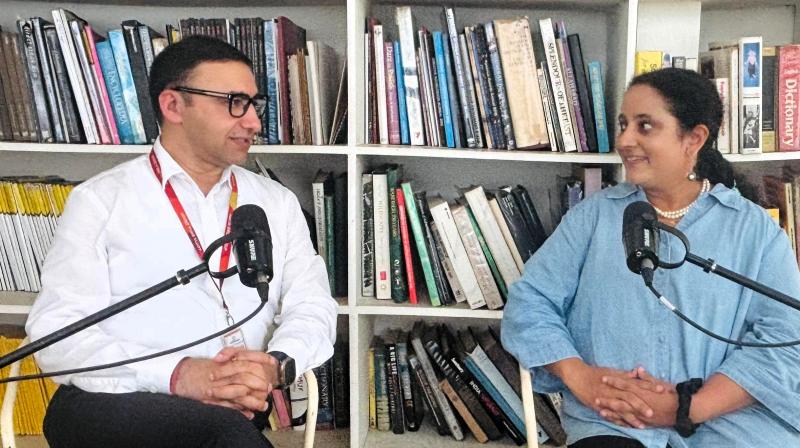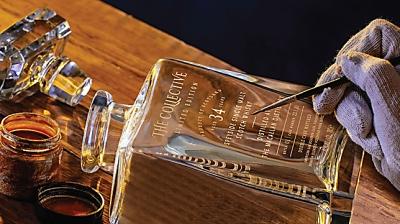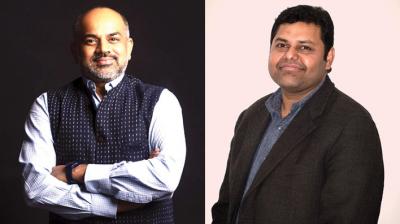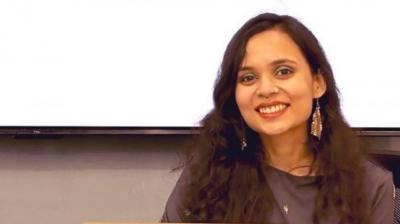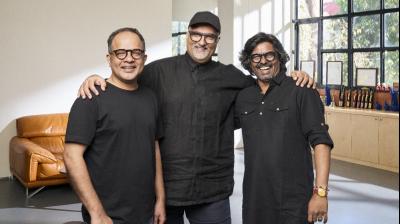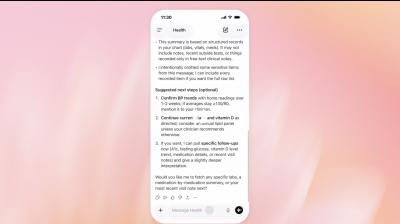In the fifth episode of Marketing Manifest Stations, host Manasi Narasimhan is joined by Nilesh Koul, senior president and CEO – Aluminium Downstream, Hindalco Industries, the metals flagship company of the Aditya Birla Group.
Kicking off the conversation, Narasimhan asked Koul about the varied markets he has worked in and how they’ve shaped his thinking as both a marketer and a business leader.
Sharing insights from his journey, Koul said, “I started with Castrol, which was a wonderful learning opportunity for me because I began in sales. That gave me exposure to the entire value chain.”
“I’ve always believed that marketing is a contact sport. So when I started as a sales executive, I spent a lot of time with mechanics to understand what they look for in a product, what the unmet needs were with competitor products, and how to generate insights from users, consumers, and decision-makers.”
Reflecting on his stint at Castrol - both in India and abroad - Koul shared, “It was a fantastic grounding. At Castrol, marketing wasn’t about making marketing look good; it was about making business look good. As the head of a brand, your responsibility was bottom-line delivery. That meant one wasn’t just focusing on advertising, but also on how to market a brand effectively, how to understand consumers well, and how to work with technology to create new solutions.”
Koul spent a significant part of his career in diverse international markets, including Brazil and Switzerland. Noting that marketing is deeply influenced by cultural context, Narasimhan asked him about the contrasts between marketing cultures in India and abroad.
Observing that working across cultures teaches one a lot about oneself, Koul stated, “What works in India - the style of work and the engagement one has in India - doesn’t necessarily work elsewhere.”
Delving into the contrasting cultures in the two countries, he shared, “Brazil was a huge opportunity for me to understand myself and my leadership style. In India, we tend to lead with knowledge. In Brazil, the approach is different - one must ensure that team dynamics are well-managed and that all available resources are leveraged.”
Switzerland, on the other hand, offered a very different environment, he said.
“It’s a market where process and data are very important. And therefore one led with that, while in Brazil, it was a lot more about building relationships,” he noted.
On Hindalco’s legacy, Koul noted, “Hindalco is a company with a long and rich heritage. It was one of the original smelters in India and is seen as a trusted player, thanks to its legacy and its association with the Aditya Birla Group.”
He went on to discuss the organisation’s shift toward being future-forward. “We have traditionally been viewed as a material supplier offering high-quality materials. But now we are repositioning ourselves. We believe that we are not just a manufacturer of materials. We see ourselves as a purpose-driven organisation, believing that our role in society is to create a greener, smarter and stronger society.”
Expanding on Hindalco’s sustainability vision, he said, “We’ve not only relaunched the brand but more importantly, relaunched the business - with the belief that we are enablers of sustainability for our industry and for others as well.”
The company is transforming, moving from being ‘just a trusted supplier’ to a ‘trusted and innovative solutions provider’ for industries seeking to advance their sustainability goals.
Acknowledging that no single company can make the world sustainable alone, he added, “But by entering partnerships across the ecosystem, in segments like automobiles, railways, packaging, or construction, we can enable those sectors to become sustainable too. And in doing so, help create a better world.”
“If the world wants to become greener, we want to be the catalyst that accelerates the journey of our customers and the ecosystem,” Koul signed off.

.jpg)
